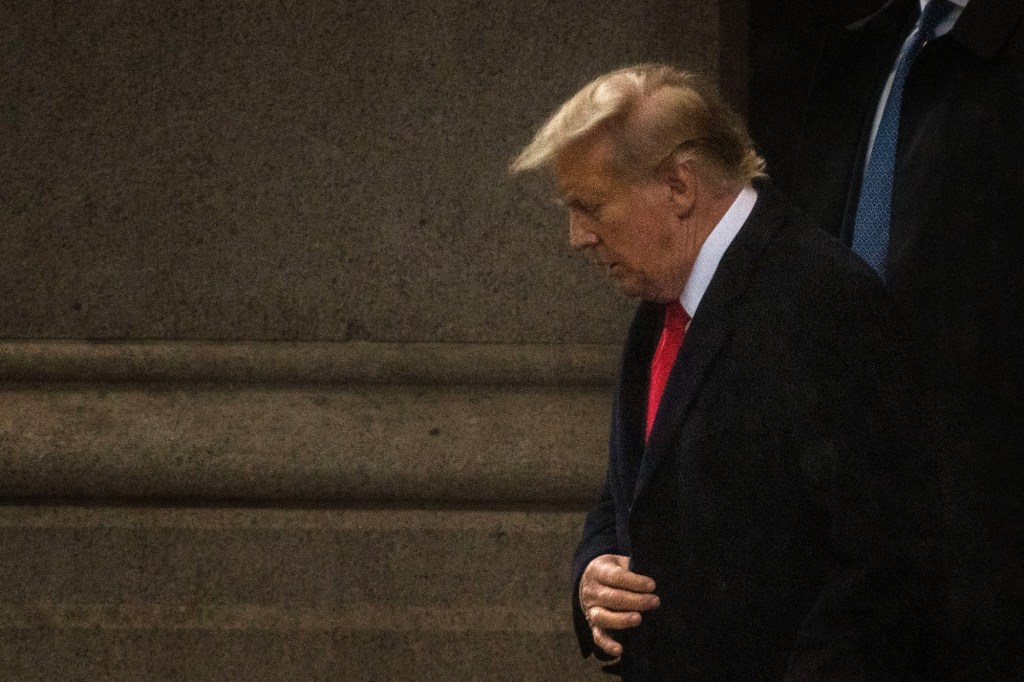WASHINGTON — Donald Trump’s appellate court loss on whether he’s immune from prosecution moves him closer to standing trial for trying to overturn the 2020 election even as he campaigns for the presidency again.
The ruling on Tuesday affirms a central point made by prosecutors — the former president is no different legally than any other citizen.
But the three-judge panel of the U.S. Court of Appeals for the D.C. Circuit may not have the last word. The ruling against Trump, the front-runner for the Republican nomination, is on hold until Feb. 12 for him to appeal to the U.S. Supreme Court. He might also ask the full D.C. Circuit to rehear the case. Neither court is required to take up his appeal.
Special counsel Jack Smith is pushing to put Trump on trial about his actions to overturn President Joe Biden’s victory, culminating in the riot on Jan. 6, 2021, at the U.S. Capitol. Trump’s campaign immediately started fundraising off the ruling and his spokesman Steven Cheung issued a warning.
“If immunity is not granted to a president, every future president who leaves office will be immediately indicted by the opposing party,” Cheung said. “Without complete immunity, a president of the United States would not be able to properly function!”
Here are some key takeaways of the ruling:
‘Citizen Trump’
In its unanimous ruling, the panel found that Trump can’t claim that the office of the presidency protects him from prosecution.
“Former President Trump has become citizen Trump, with all of the defenses of any other criminal defendant. But any executive immunity that may have protected him while he served as President no longer protects him against this prosecution.”
‘Unprecedented assault’
The panel ruled that Trump’s alleged actions to stay in power, if proven, were “an unprecedented assault on the structure of our government. He allegedly injected…
Read the full article here







